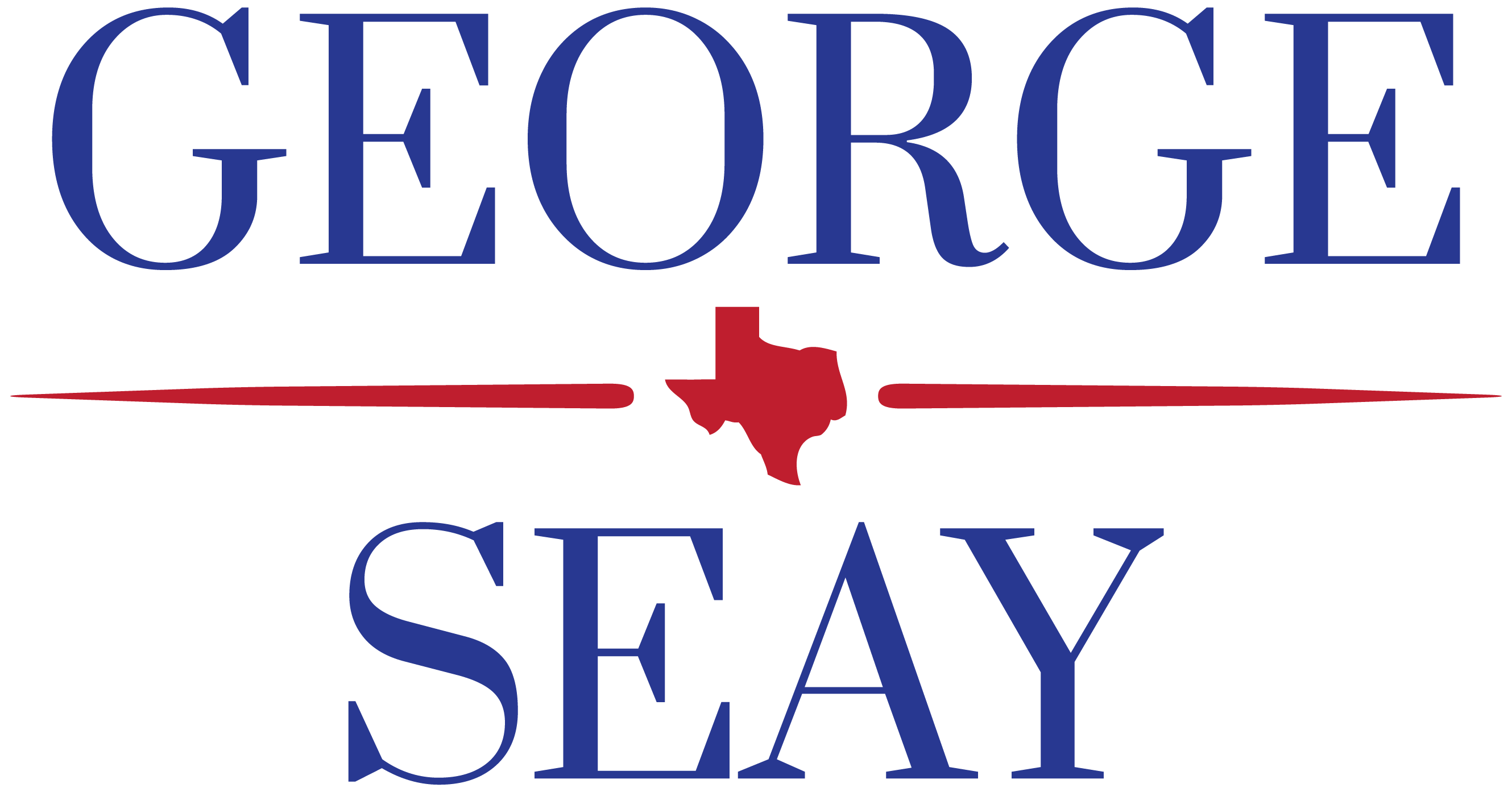Many investors towards the end of a year turn their thoughts to investment decision-making. It’s somewhat unfortunate, because wise decision-making on investments is a year round process, not relegated to discrete, small parts of the entire year. Having said that, this year in particular provides several opportunities to make wise choices from an investment standpoint.
We’ve been fortunate to have a terrific investment year after a scary spring of declines, with most market indices up for the year. However, some folks have jokingly retitled the S&P 500 the “S&P 5,” as almost all the gains this year are encapsulated in the big mega cap tech stocks a the top of the food chain, with the majority of normal, smaller companies showing losses. Also, US mega cap stocks have continued their outperformance over international stocks, which has been going on for years.
For investors with multi-year timelines, and especially investors heavily overweight mega cap tech stocks, end of the year is a great time to make subtle changes going into 2021 – namely, investors should consider increasing exposure to small cap stocks, value stocks, international developed stocks, and emerging markets stocks.
The valuation gap between mega cap US stocks and the other categories has never been greater. It’s a historically and significantly significant time to pivot, at least to some degree, away from these mega cap stocks towards stocks greatly undervalued and left behind.
It will be difficult to continue the double digit average annual returns of the past more than decade period of time, since the Great Recession ended in 2009. Accordingly, investors should temper their expectations on what sorts of returns stocks will provide. Also, for those familiar with the Parable of the Talents and the servant who buried the one Talent in the backyard, bonds are the modern day equivalent of that today. Net of inflation, bonds will return 0%, on a real return perspective.
Accordingly, while bonds will continue to provide a stabilizing influence to portfolios in down markets, and have a place in portfolios, investors should consider other strategies with higher yields for 5-20% of their bond portfolios – REITs, MLPs, preferred stocks, and senior private debt are all areas to consider for part of a portfolio – not to increase the level of portfolio risk significantly, but to try to get a little extra yield in a diversified way, with investment grade bonds yielding so little.
Finally, private equity has become very popular in the past decade, as returns have rivaled or exceed stock market returns, and far exceeded hedge funds. Going forward, with high prices and too much liquidity in the market place, private equity returns are likely to shrink. Investors should be very careful moving forward on what private equity investments to make – discernment and scrutiny and conviction should all be sky high before making future private equity commitments.
On tax planning matters – with the Biden Administration taking over in January and control of the US Senate still in doubt, investors should all consider tax strategies prior to year-end. First, the CARES Act makes it possible to deduct a larger percentage of charitable giving. It’s a great year to give more away prior to January 1. Second, even if Republicans control the Senate, an omnibus tax and spending bill may result in a higher tax rate for the highest earning Americans and corporations.
Accordingly, if there are business or personal deductions that could be taken in 2020 or 2021, one might want to wait and use them next year, as if the personal income tax rate goes from 37% to 39.6% or higher, and the corporate tax rate moves from 21% to 28% or higher, those deductions are more useful and more valuable next year. Finally, while the estate and gift tax exemptions may extend out until their current expiration in January of 2025, it’s a tempting target for revenue hungry progressives, no matter who controls the Senate, as the margin of control in the Senate will be razor thin.
Raising the gift and estate tax rate and lowering the exemption amount dramatically may prove too tempting to not revise. Accordingly, investors with gift and estate tax exemptions remaining, who will be exposed to much larger tax bills if those exemptions remain unused and then repealed, should consider planning on using up the entire exemption prior to January. If an individual wants certainty on that issue, they should definitely use up the exemption. The future lacks certainty. In all instances, investors should consult their tax advisor before doing anything.
I hope these investment thoughts are helpful to many of you moving into Christmas and New Year’s.

